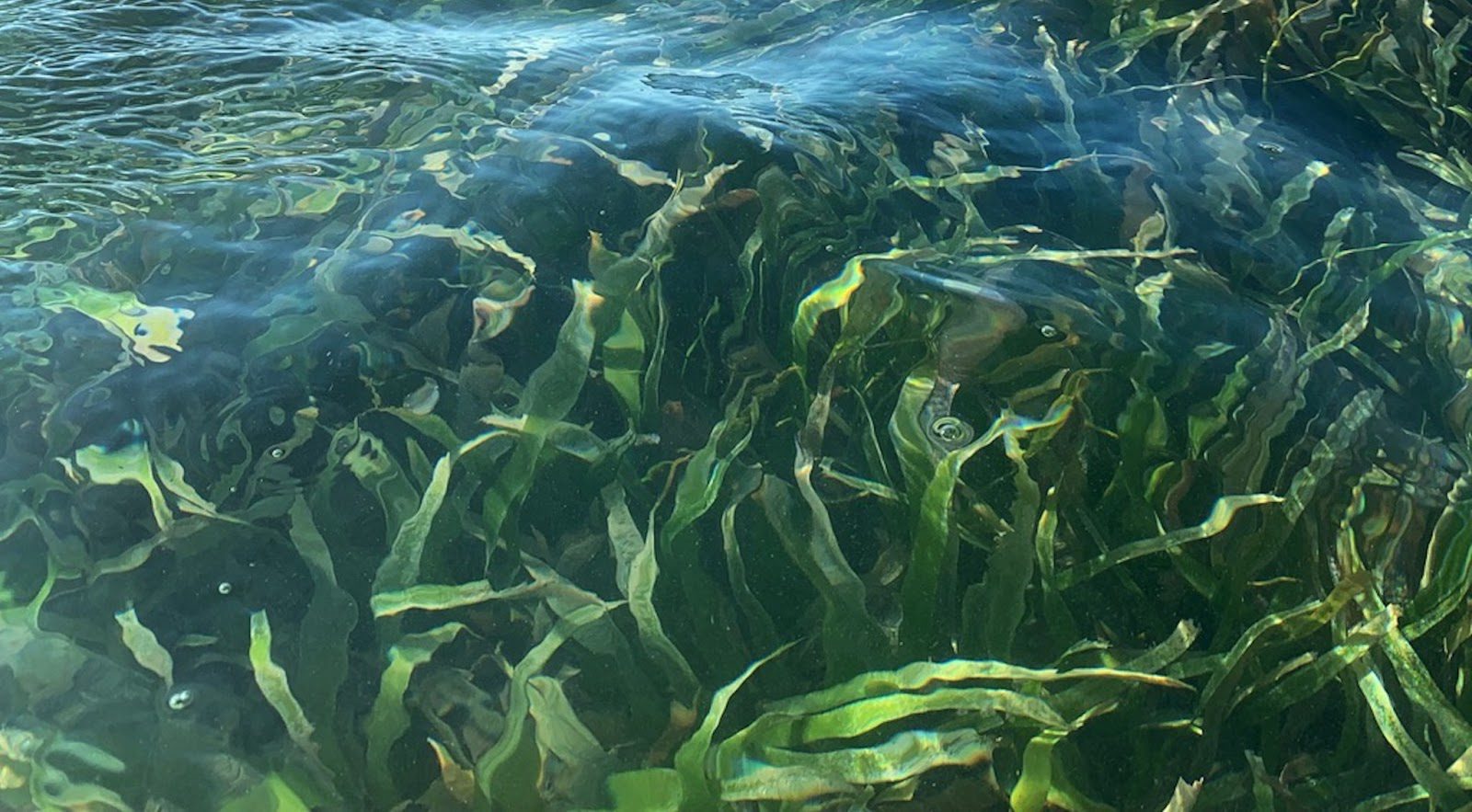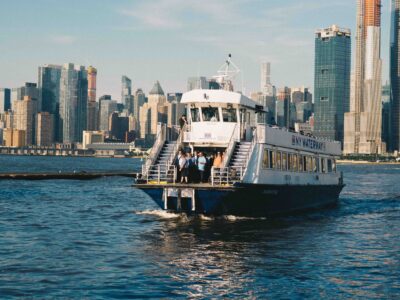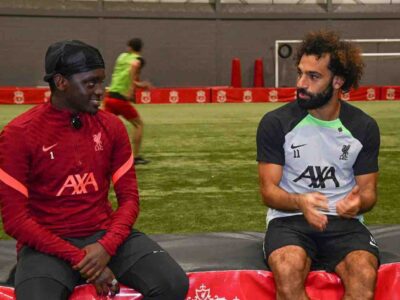When football fans think about the Philadelphia Eagles, the first thing that comes to mind might be the team’s 2017 Super Bowl win, or memorable roster appearances by Donovan McNabb and Brian Westbrook. Fans may also think about how the Eagles are leaving their mark on the game with their work ethic and passionate fanbase. But many may not know that they are also making an environmental impact with their Go Green program.
Catherine Carlson, senior vice president of revenue and strategy, explained, “we at the Philadelphia Eagles have actually been focused on sustainability efforts for close to 18 years. What started as baby steps with a blue recycling bin under each employee’s desk back in 2003 has really grown into a company-wide sustainability program. . . Our goal every year is to really reduce the team’s environmental footprint on the planet.” And the team’s sustainable focus has achieved results – like diverting over 99 percent of the stadium’s waste from landfills – and earned them recognition. Also of note is that the Eagle’s home stadium, Lincoln Financial Field, is Leadership in Energy and Environmental Design (LEED) Gold status. In their latest initiative, the team turned its attention to mangrove and seagrass ecosystems, engaging in restoration projects in partnership with the Ocean Conservancy and the Ocean Foundation to offset their travel.
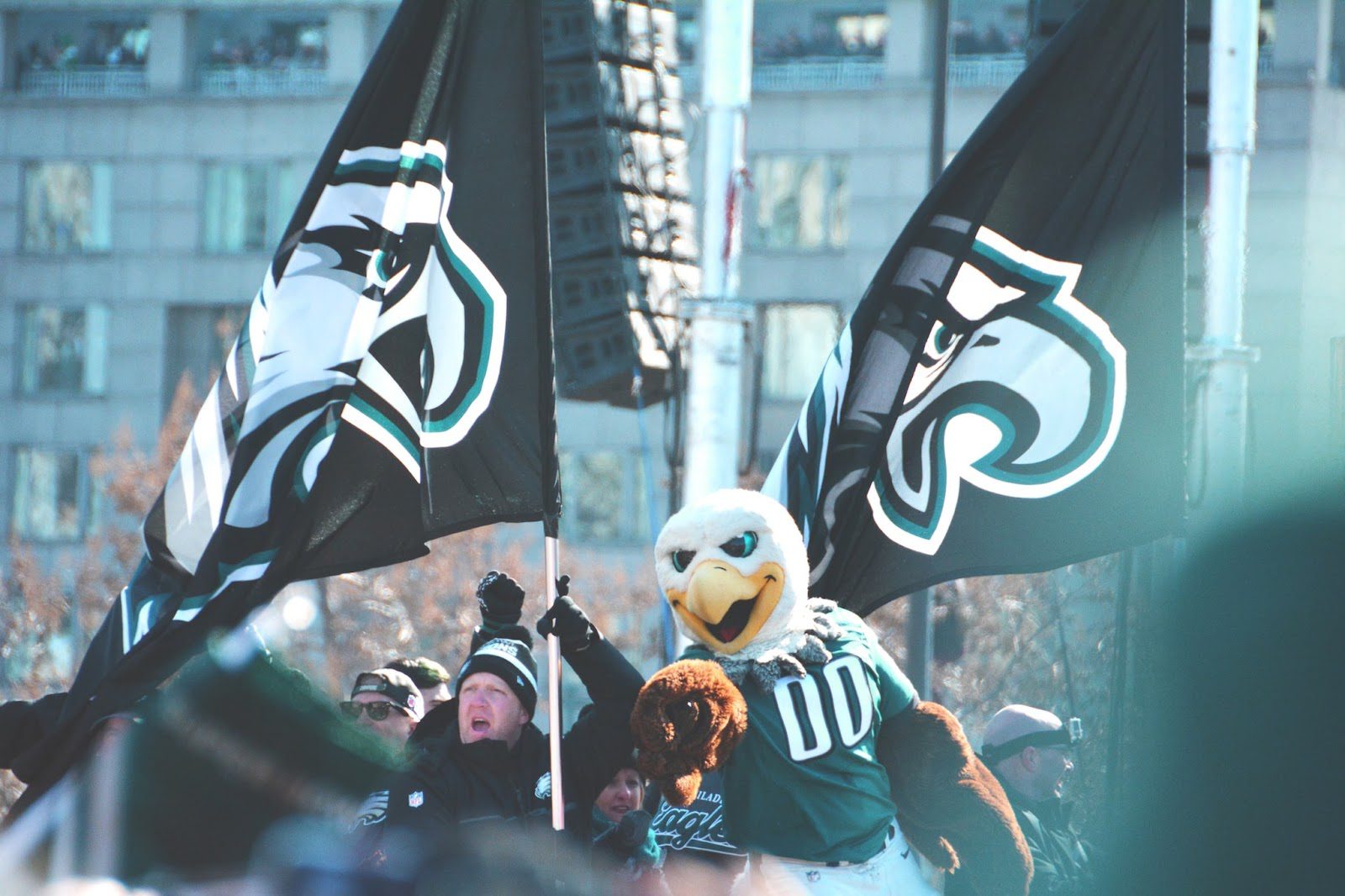
The partnership was born when the Eagles’ director of fan experience, Norman Vossschulte, met with the Ocean Conservancy in early 2019. Carlson notes that Ocean Conservancy scientists “worked with us to calculate how much seagrass would we need to plant to offset our team travel carbon emissions for the whole 2020 season,” and Vossschulte elaborates that “in the time since, [we] have been inspired by their scientists and experts on the value of protecting our ocean.”
It is not only a partnership of organizations but a program combining the Eagles’ Go Green program with the Ocean Conservancy’s Team Ocean initiative, which was launched in 2019 as a “group of professional athletes, teams, leagues, personalities and others using their platforms to advocate for a healthy ocean.” Previously, the initiative saw Ocean Conservancy become the first national Ocean Partner for a Super Bowl by partnering with the Miami Super Bowl Host Committee and NFL Green in 2020 to remove 54 tons of plastic from Florida’s coasts. The Ocean Conservancy also launched a Blue Playbook to help those in the sports world “take action on behalf of the ocean.” Now, the Eagles are adding their name to Team Ocean as an offset partner — Vossschulte told Forbes that “we are proud to support the Ocean Conservancy’s Blue Playbook as we take action to maintain a healthier ocean and climate for generations to come.”
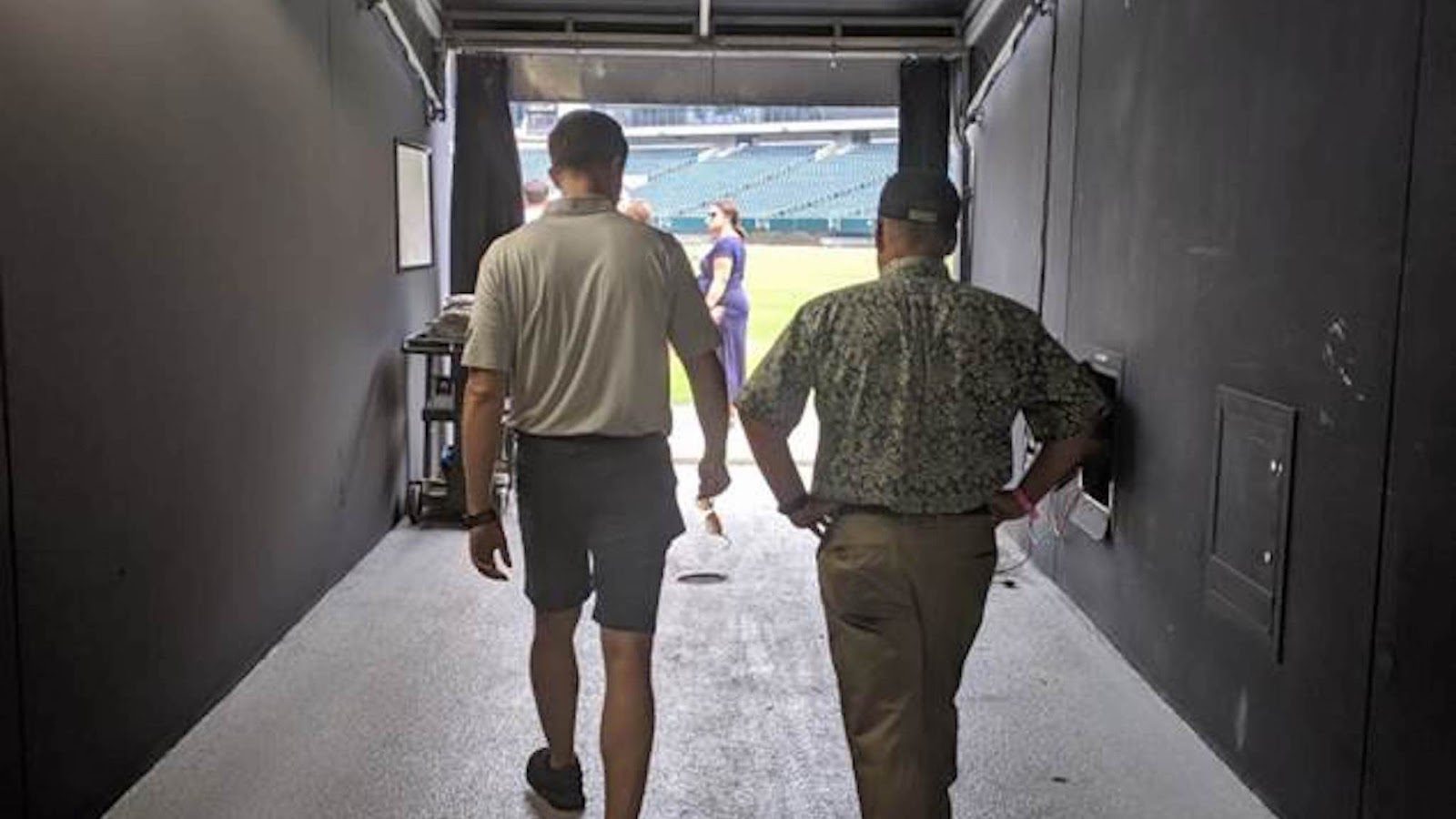
This makes the Eagles the first American professional sports team to offset their travel — specifically, all their travel from 2020, consisting of planes and buses to eight away games for a total of 385.46 tCO2e. The Ocean Foundation, one of Ocean Conservancy’s partner organizations, not only made these calculations but also, will also plan and execute the restoration efforts in the Jobos Bay National Estuarine Research Reserve (JBNERR) in Puerto Rico, part of a system of reserves under the National Oceanic and Atmospheric Administration (NOAA). The federally protected reserve spanning 2,817 acres is a perfect fit — it not only houses important coral reef, mangrove and seagrass ecosystems that capture blue carbon, but also, is also home to endangered species like the peregrine falcon, hawksbill sea turtle, and West Indian manatee. Mark J. Spalding, president of the Ocean Foundation, reflected in the press release that “we’ve been working in Jobos Bay for three years and feel like this project with the Eagles and Ocean Conservancy will bring tangible results to the ocean.”
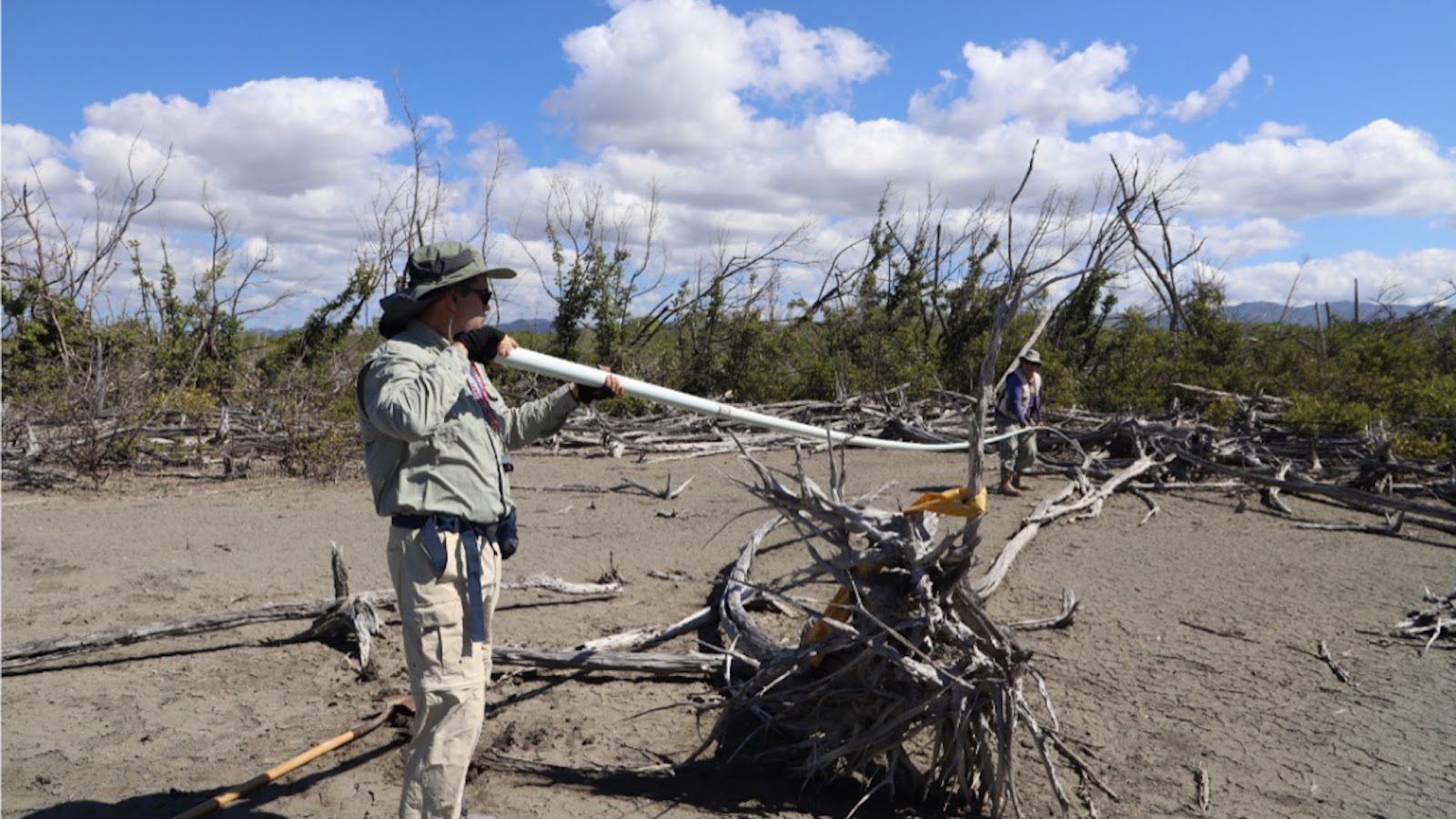
Moreover, a May report from the United Nations Environment Programme calls for investments in nature-based solutions to triple by 2030. George Leonard, chief scientist for the Ocean Conservancy, explained to Forbes that “this new commitment that the Eagles has made in collaboration with Ocean Conservancy and The Ocean Foundation is a really great example of the kind of private-sector leadership that the UN has actually called for.” He adds that “Eagles fans can be proud that their team is setting the example on this critical, global issue.”

